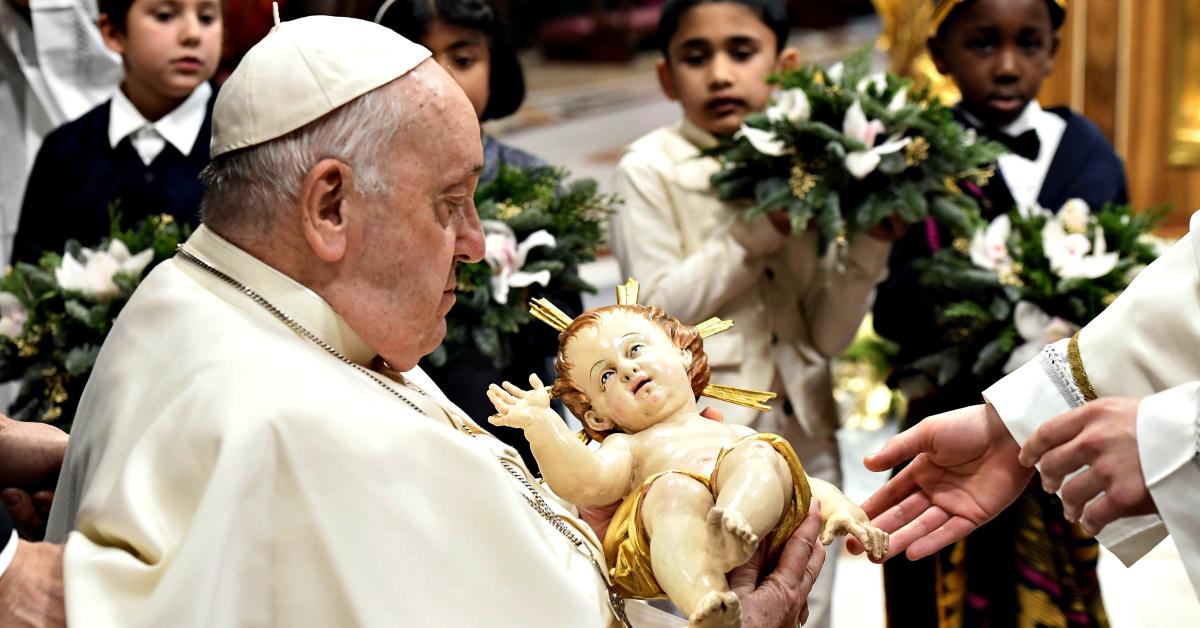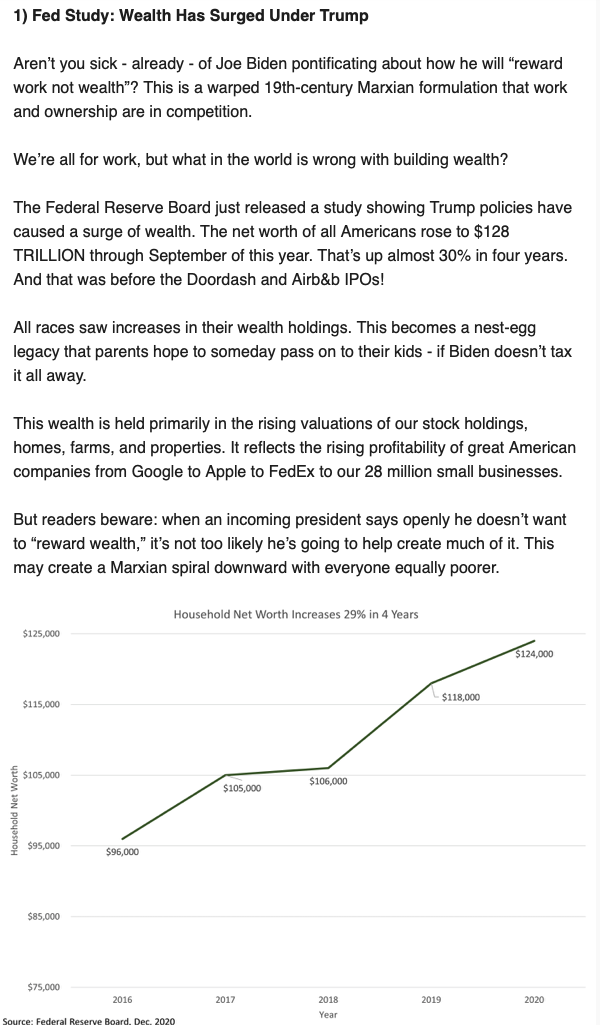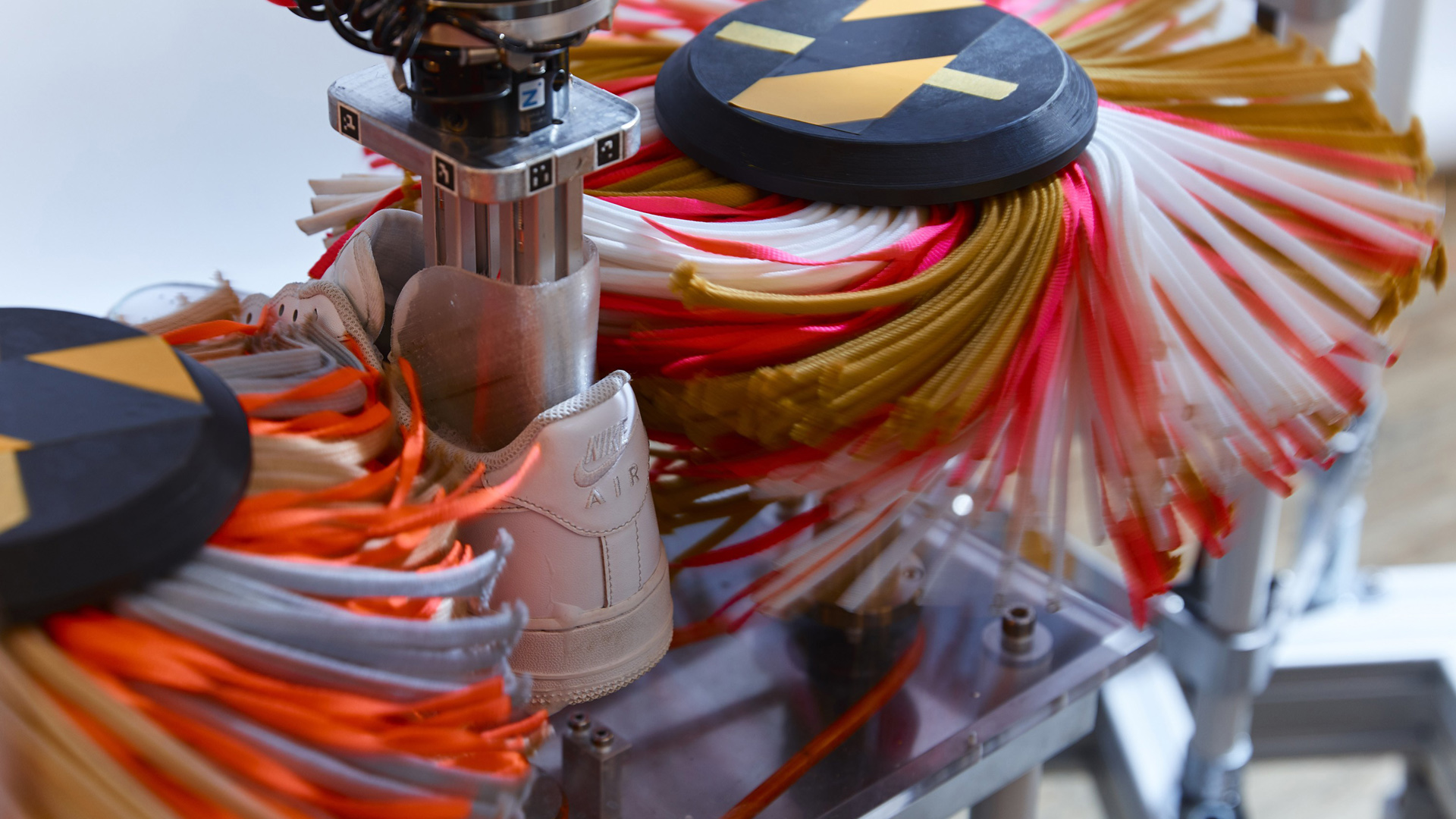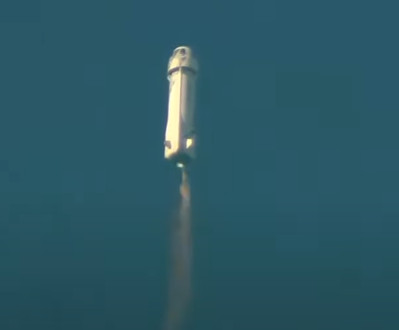Will The Next Pope Continue Francis's Reforms?

Table of Contents
Pope Francis's papacy has been marked by significant reforms, impacting everything from the Church's approach to social justice to its internal governance. His progressive initiatives have sparked both fervent support and considerable resistance within the Catholic Church. As the Conclave approaches, a critical question arises: Will the next Pope continue Francis's reforms, or chart a different course? This article explores the key areas of reform and the potential implications for the future of the Catholic Church. We will analyze the likelihood of continuity and the possible scenarios depending on the next Pope's theological orientation and the dynamics within the College of Cardinals.
Francis's Key Reforms: A Legacy Under Scrutiny
Pope Francis's legacy is undeniably shaped by his bold reforms, many of which have challenged traditional interpretations and practices within the Catholic Church. Understanding these reforms is crucial to predicting the future direction of the papacy.
Social Justice and Environmental Concerns
- Focus on Laudato Si' and its impact: Francis's encyclical Laudato Si' on the environment has significantly impacted the Church's stance on climate change and environmental stewardship, urging a global commitment to ecological responsibility.
- Shift in Church's stance on poverty and inequality: Pope Francis has consistently emphasized the Church's commitment to combating poverty and inequality, advocating for greater economic justice and the rights of the poor and marginalized.
- Reactions from conservative factions: These progressive stances have faced resistance from some conservative factions within the Church who hold more traditional viewpoints on social issues and economic policies.
The impact of Laudato Si' extends beyond the Church, influencing international environmental dialogues and inspiring action on climate change. Francis's direct engagement with the poor and his calls for a preferential option for the poor have resonated globally, though implementation faces significant hurdles in many parts of the world. The challenge for any successor will be to maintain this focus while navigating the differing opinions within the Church.
Ecclesiastical Governance and Decentralization
- Changes to the Curia: Francis has undertaken significant restructuring of the Roman Curia, aiming to improve its efficiency and transparency and to reduce its centralized power.
- Increased emphasis on synodality: He has promoted a more synodal approach to Church governance, emphasizing greater participation and collaboration among bishops, clergy, and laity.
- Promotion of inclusivity within the Church hierarchy: While not fully achieving gender equality, Francis has shown a greater openness to women's participation in Church leadership roles. Debates continue regarding the ordination of women.
These reforms aim to create a more participatory and accountable Church structure. The success of these initiatives depends on the implementation and acceptance at all levels of the Church hierarchy. The decentralization of power is a particularly significant and potentially controversial aspect of Francis's reform agenda.
Dialogue with Other Religions and Cultures
- Increased interfaith dialogue: Francis has actively engaged in interfaith dialogue, promoting mutual understanding and respect among different religious communities.
- Efforts towards ecumenism: He has also pursued ecumenical efforts to foster closer relations with other Christian churches.
- Approach to secularism: His approach to secularism has been characterized by a willingness to engage in constructive dialogue and collaboration, while maintaining the distinct identity of the Catholic Church.
- Impact on Church-State relations in different countries: These efforts have had varying impacts on Church-State relations in different countries, depending on the specific political and social contexts.
Francis's emphasis on dialogue has broadened the Church's reach and fostered positive relations with numerous religious and cultural groups. However, navigating the complexities of interfaith relations and maintaining doctrinal consistency remain ongoing challenges.
Potential Scenarios for the Next Papacy
The direction of the Catholic Church after Francis depends heavily on the theological leanings and priorities of his successor. Several potential scenarios are possible:
Continuity with Francis's Reforms
- Probability of a successor continuing the current path: The possibility exists that a successor could continue many of Francis's reforms, perhaps even expanding on them.
- Potential for further reform: A progressive successor might push for further reforms, perhaps addressing issues like women's ordination or the role of LGBTQ+ individuals in the Church.
- Challenges to implementing reforms globally: Implementing such reforms globally would face considerable resistance from conservative elements within the Church.
Several cardinals who are considered potential successors have expressed support for various aspects of Francis's reform agenda. However, even with a like-minded successor, the implementation of these reforms would still face significant challenges given the internal divisions within the Church.
A Return to More Traditional Teachings
- Likelihood of a more conservative approach: A more conservative Pope could reverse some of Francis's reforms, emphasizing a return to more traditional theological interpretations and practices.
- Potential reversal of some reforms: This could impact areas such as social justice teachings, liturgical practices, and the approach to interfaith dialogue.
- Impact on Church unity and global perception: Such a shift would likely cause significant divisions within the Church and alter its global perception.
Certain cardinals openly advocate for a return to more traditional teachings, which could lead to a distinct shift in the Church's trajectory. Such a change could alienate some progressive Catholics while satisfying others who feel Francis's papacy has moved too far from established doctrines.
A Moderate Approach
- Possibility of a middle ground: A moderate Pope might seek a middle ground, selectively continuing certain reforms while preserving traditional teachings.
- Selective continuation of certain reforms: This approach would involve a more cautious and incremental approach to change, seeking to balance tradition and progress.
- Balancing tradition and progress: The challenge lies in finding a balance that satisfies both conservative and progressive factions, a difficult task given the existing divisions within the Church.
A moderate papacy could represent a path of reconciliation, seeking to unite disparate factions within the Church. However, this path demands significant diplomatic skill and a deep understanding of the complex issues at play.
The Role of the Cardinals and the Conclave
The outcome of the Conclave is influenced significantly by the dynamics within the College of Cardinals. Different factions exist within the College, representing a range of theological viewpoints and political leanings. The process of the Conclave itself, characterized by secrecy and deliberation, plays a vital role in shaping the final decision. Understanding the balance of power among these factions is essential in predicting the direction of the next papacy. The theological spectrum within the College of Cardinals, ranging from highly conservative to progressive, is a critical element to consider when assessing potential outcomes.
Conclusion
The question of whether the next Pope will continue Francis's reforms is complex and depends on numerous factors, including the theological orientation of the next Pope and the intricate dynamics within the College of Cardinals. While a complete continuation of all reforms seems unlikely, a complete reversal is also improbable. The future direction will likely involve a nuanced approach, balancing tradition with progress. The outcome will significantly shape the future of the Catholic Church and its role in the 21st century.
Call to Action: The future of the Catholic Church hangs in the balance. Stay informed about the Conclave and the election of the next Pope to understand how the future of Francis's reforms will unfold. Follow the developments closely and engage in respectful dialogue surrounding the next Pope's approach to continuing or modifying the progressive initiatives started by Pope Francis. Understanding this critical juncture in Church history requires informed engagement and thoughtful consideration of the diverse perspectives at play.

Featured Posts
-
 Top 5 Economic Takeaways From The English Language Leaders Debate
Apr 22, 2025
Top 5 Economic Takeaways From The English Language Leaders Debate
Apr 22, 2025 -
 Why Nike Shoe Production Remains A Challenge For Robots
Apr 22, 2025
Why Nike Shoe Production Remains A Challenge For Robots
Apr 22, 2025 -
 Blue Origin Scraps Rocket Launch Due To Subsystem Problem
Apr 22, 2025
Blue Origin Scraps Rocket Launch Due To Subsystem Problem
Apr 22, 2025 -
 Post Roe America How Over The Counter Birth Control Reshapes Reproductive Healthcare
Apr 22, 2025
Post Roe America How Over The Counter Birth Control Reshapes Reproductive Healthcare
Apr 22, 2025 -
 Navigate The Private Credit Boom 5 Key Dos And Don Ts
Apr 22, 2025
Navigate The Private Credit Boom 5 Key Dos And Don Ts
Apr 22, 2025
